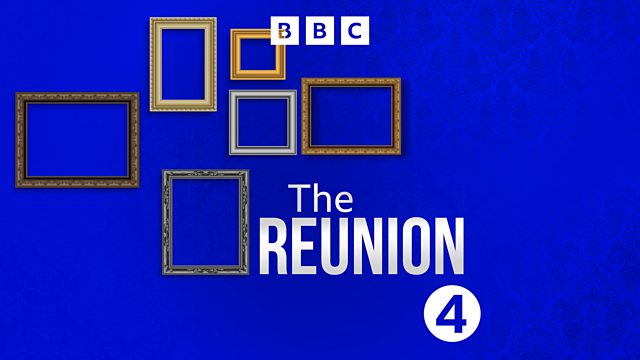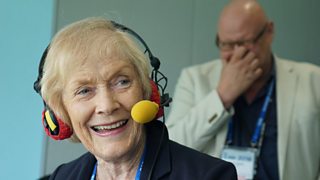Gulf War
The first televised war and a flashpoint in the region, we hear from British and American veterans of the first Gulf War.
Although the first Gulf War of conforms to the UN Charter of a 'traditional war' when Iraq invaded Kuwait, it was also a war which ended without real resolution.
The conflict was provoked when, on August 2nd 1990, 100, 000 Iraqi troops and 300 tanks rolled into the small oil-rich state of Kuwait. Saddam Hussein claimed that the invasion was a response to the overproduction of oil in Kuwait. By January 1991 there was still no withdrawal and operation Desert Storm was unleashed - a devastating and sustained aerial bombardment. This was followed by a brief, all-out land war. The conflict ended after seven weeks in February 1991.
The devastating results of the conflict also made it onto television screens all over the world for the first time in any conflict. There were two conflicting views at the end of the first Gulf War: one, that Saddam should be overthrown as quickly as possible, and the other that Iraq, without its strongman to keep it together, would fall into chaos. In the end the internal uprising that was hoped for did not emerge and Saddam Hussein resumed power.
Sue MacGregor brings together: Tom King, now Lord King, was Margaret Thatcher's defence secretary at that time; Air Chief Marshal Sir Patrick Hine was overall Commander of the British Forces in the Gulf; General Sir Patrick Cordingley was Commander of the 7th Armoured Brigade, the Desert Rats; John Simpson, the 大象传媒's World Affairs editor spent many weeks in Baghdad during the conflict; and the man who was Commander in Chief of Allied Forces in the Gulf, General of the US Army Norman Schwarzkopf.
Produced by Sarah Cuddon
Series Producer: David Prest
The Reunion is a Whistledown Production for 大象传媒 Radio 4




